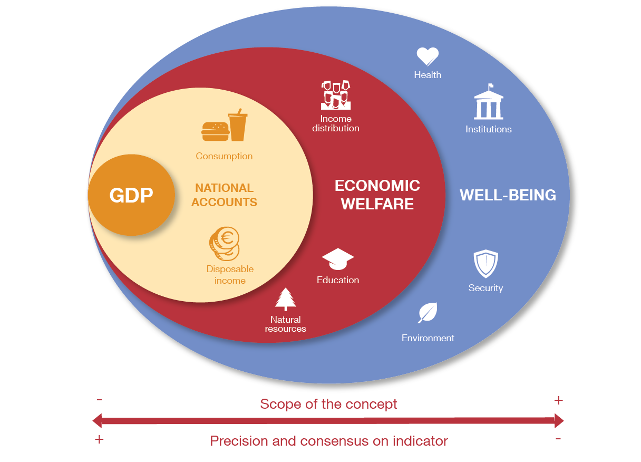Using a simple format and plain language, the Banco de España Blog seeks to make our work more accessible to the general public. It allows us to share our analysis of economic and financial issues and the ins and outs of the Banco de España’s tasks and activities with all those keen to learn more.
The Blog series group together posts covering certain similar topics. Further down is a general listing of all Blog posts, with a search function to help readers find the posts they are interested in.

















